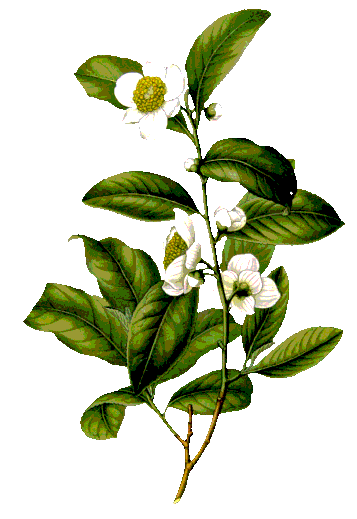TEA 茶 ЧАЙ شاي
You pour your water in a kettle, put it on heat.
While it boils, you open your box of dry leaves. They traveled far to you from a distant Eastern land through a network of trade and transport. You measure the correct amount (more is better) into your small steeping vessel.
You watch the water heat up. Perhaps your kettle is equipped with a thermometer, or your eye measures the temperature by the size of the bubbles rising in the water. If you are steeping heavily oxidized dark leaves (known as "black tea" in English and "red tea" in Chinese) you can relax a bit here and let the water boil fully. But if the leaves are gentler and less oxidized ("green tea") you would destroy them with fully boiled water.
You pour the hot water on the leaves, and cover your steeping vessel. Letting it steep for a short time. The leaves open and turn water into tea.
To stop the steeping process before the leaves release their bitter tannins, you take the leaves out of the vessel (if you placed them in a little net), or just pour the tea out.
Then you drink it, slurping to catch every bit of the subtle flavor.

You've just performed some form of the ancient human ritual of engaging with the flowering plant known in English as Chinese Camellia. By thus synchronizing with humans past, you've unlocked a portal into a network that spans time and space. You will travel through that network along a path carved by the lineage activated by the specifics of your leaves, ritual, instruments, circumstances, company, level of knowlege, and state of mind. You inevitably end up in China, the home of that Camellia, but what will you see on the way?
